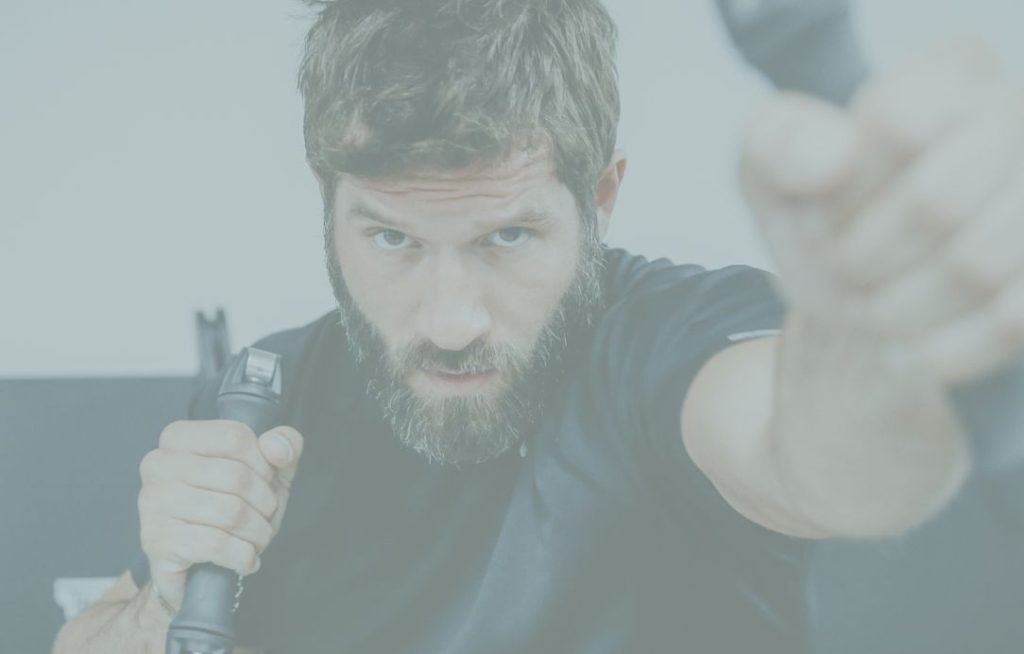But is thinking all it takes?
Descartes’ famous, translated phrase “Cogito, ergo sum” suggests our thoughts shape our identity. In reality, our mind is shaped by much more: emotions, physical health, and even nutrition.
Can we truly separate thought from the body, or is our mental state a reflection of our entire wellbeing?
What if the very foundation of our existence hinges on more than just the act of thinking?
I always liked the phrase and truly believe in the power of the mind.
Another related phrase is “You are what you think”, which reflects the idea that your thoughts shape your reality, mindset, and behaviour. This emphasises how much influence our mental state has on our identity and actions.
Both phrases highlight the power of thoughts in determining our experiences and self-perception.
I love this idea. If I “get my head right”, I don’t need to do anything else!
However, it’s crucial to recognise that our thoughts are not created in isolation. Our brains, and therefore our thoughts, are heavily influenced by a variety of factors. These factors include exercise, nutrition, emotions, and mental conditioning.
In fact, the opposite can often be true: “You think how you are.” Our physical state (nutrition, exercise, sleep) and emotional well-being profoundly impact our thought patterns and mindset.
For example; exercise influences thoughts by releasing neurotransmitters like serotonin and dopamine, improving mood and mental clarity. It’s therefore, not just positive thinking that makes us feel better; physical activity directly changes how we think.
Poor nutrition or lack of exercise can lead to foggy thinking, increased stress, and negative thought patterns, regardless of our intentions to think positively.
This brings up a sort of chicken and egg scenario: Do our thoughts shape our reality, or does our physical and emotional state shape our thoughts?
REALITY:
Both elements influence one another in a cyclical fashion, which suggests that we cannot separate our mental processes from our physical and emotional state. Rather than simply “being what we think,” it’s more accurate to say that our thoughts are a reflection of how well we care for our bodies and emotions
This highlights the interconnected nature of physical well-being and mental clarity. It emphasises, that it’s not just the power of positive thinking, but a holistic approach to physical and emotional health that shapes our mindset.
This is also why we always take a multifactorial approach. Even if it doesn’t solve the chicken and egg conundrum, it does lead to better long-term outcomes.
